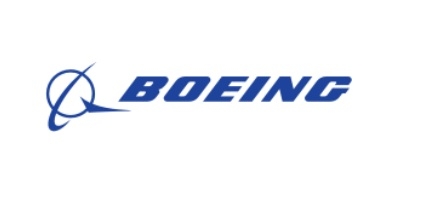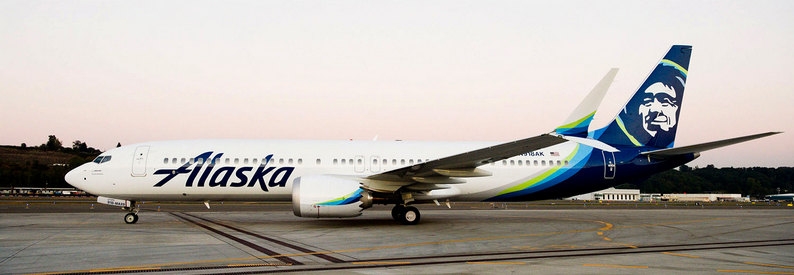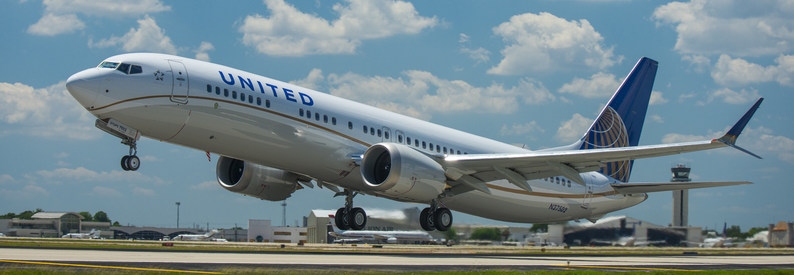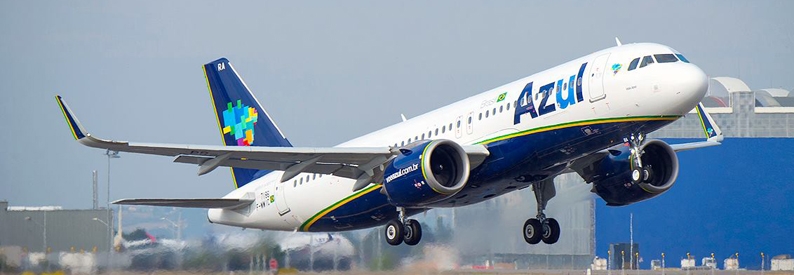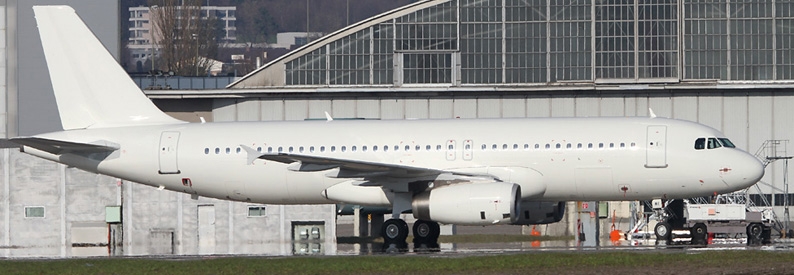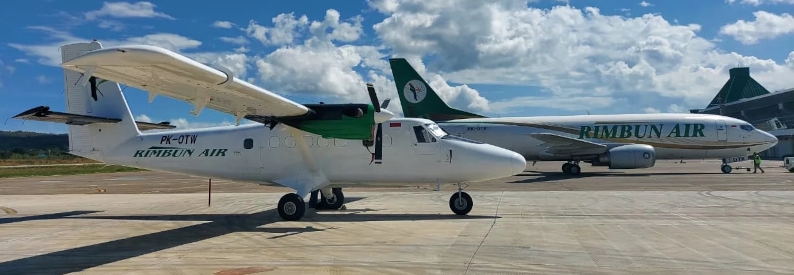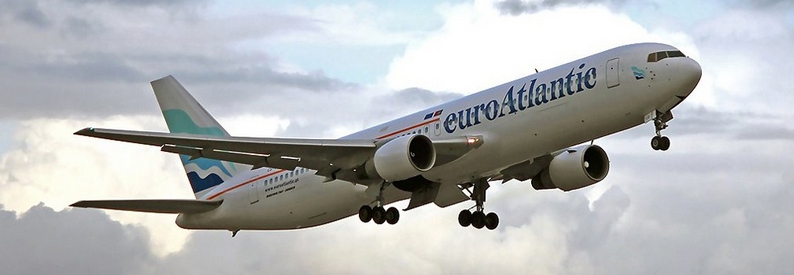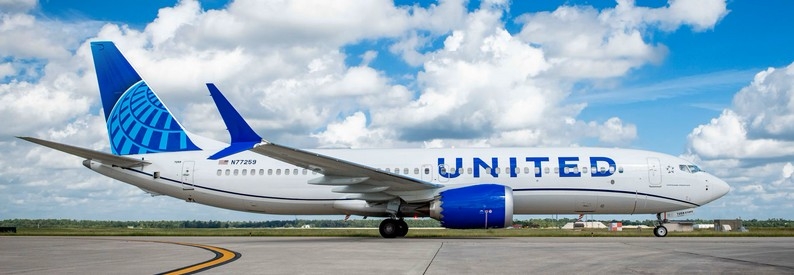Nearly 17 years after Washington DC filed the first complaint with the World Trade Organisation (WTO), the United States and the European Union have agreed to settle their subsidy dispute concerning Airbus and Boeing commercial aircraft.
During US President Joe Biden's visit to Brussels, the two sides agreed to establish a Working Group on Large Civil Aircraft to develop common rules for the support of research, design, and construction of aircraft for the future to avoid renewed legal disputes. They also committed to providing any future funding to either of the manufacturers on market terms and in a transparent way that would not harm the rival company.
"We now have time and space to find a lasting solution through our new Working Group on Aircraft, while saving billions of euros in duties for importers on both sides of the Atlantic," European Commission Executive Vice-President Valdis Dombrovskis said.
The parties also agreed to continue the suspension of punitive subsidies for a further five years.
The US imposed countermeasures in October 2019, acting upon a May 2018 ruling by the Appellate Body of the WTO. The punitive tariffs affected 19 categories of products worth USD7.5 billion in annual trade, including aircraft, and led to an extra USD2.2 billion in tariff costs for US importers.
In turn, the EU imposed its own countermeasures in November 2020, following WTO Appellate Body consent in March 2019. The tariffs affected 130 categories of goods collectively worth USD4 billion in annual trade and imposed an additional tariff cost of USD1.1 billion on EU importers.
Both sides agreed to tentatively suspend the countermeasures in March 2021 for an initial period of four months, as a sign of a return to transatlantic cooperation following the end of the Trump administration.
The dispute began in November 2004, when the US first requested WTO consultation over alleged unfair support to Airbus granted by several EU governments. In May 2005, the EU responded by alleging that Boeing also benefited from illegal support itself. The dispute, which ended up as two separate rulings by the Appellate Body in 2018 and 2019 confirming that both manufacturers benefitted from unfair support, was the longest-running trade dispute at the WTO.
The WTO does not impose its own penalties on countries or entities found in breach of the organisation's trade rules but only authorises certain countermeasures. As such, once the EU and the US agreed to work together to resolve the dispute, they were free to suspend or lift all countermeasures however they saw fit.
